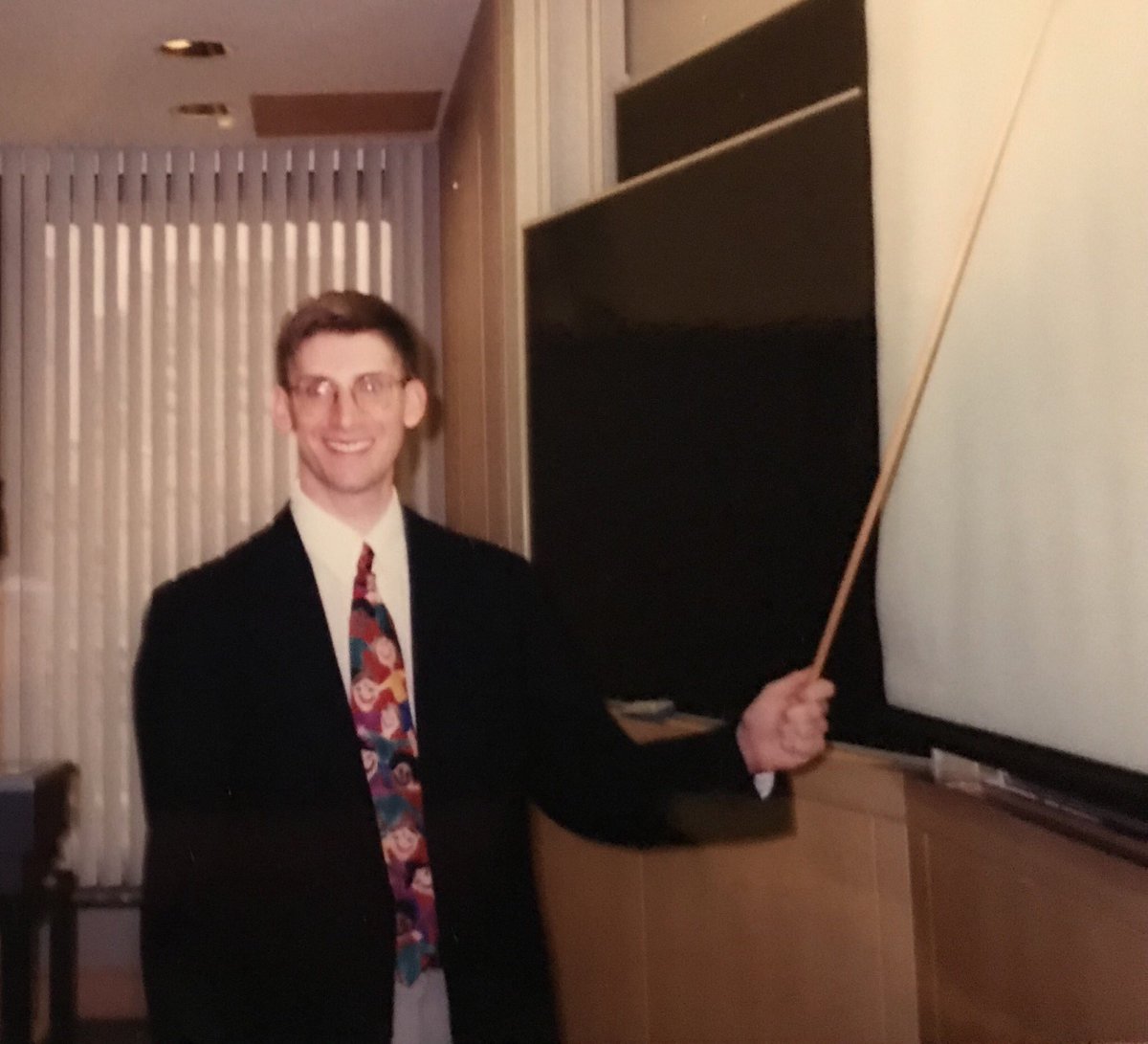
1. Just celebrated 20 yrs as a professor this week, so I’ve been thinking about life in academia.
I have only one piece of advice - know yourself, use that to figure out what success means to you, and find people who will help you achieve that success.
Let me explain... 🧵
I have only one piece of advice - know yourself, use that to figure out what success means to you, and find people who will help you achieve that success.
Let me explain... 🧵
2. You will meet a number of potential mentors along the way. Some will be lousy. Some will be good but will guide you toward their notion of success. The great ones will ask you first what you want to achieve, and strategize with you about how to get there.
3. There are so many dimensions of academia. Do you want to devote most time to teaching? Research? Administration? Why? And what would it mean TO YOU (even if not to others) be successful in each area?
4. But there’s so much more. Are you gratified by helping students find their paths or by helping those who are on their paths? Are you geographically mobile or not? Do you want to travel the world or to be able to tuck your kids in every night?
5. Knowing yourself isn’t just about knowing where you want to be in academia; it’s about understanding how you want academia to interact with your personal life.
6. Obviously, if your metrics of success do not line up with your institution’s metrics of success, you have an issue. But there are many institutions of higher learning in the world (and a world outside of academia). There’s a place to do what is most meaningful to you.
7. I know it’s easier said than done if you are on the job market and the market is tight. Of course there sometimes need to be compromises. But there are also many paths to success at any single institution, given the diverse types of faculty positions.
8. I can’t say I always followed this advice. But I know that when I let others tell me what success meant, I wasn’t as fulfilled as when I decided for myself and took steps to attain my own definition of success.
9. And back to mentors; once you know what you want to achieve, actively seek out mentors who can help. Your assigned mentors may or may not be the right people. The right people may not even be at your institution.
10. Reach out, even if it feels awkward. There are a lot of nice people out there who would love to give an hour of their time to help someone starting out or at a key career juncture.
11. Big picture, if you have made it this far (PhD, etc.), you have it in you to succeed. You just need to figure out your version of success and find a way to work toward it.
#AcademicChatter #PhDchat
#AcademicChatter #PhDchat
• • •
Missing some Tweet in this thread? You can try to
force a refresh



